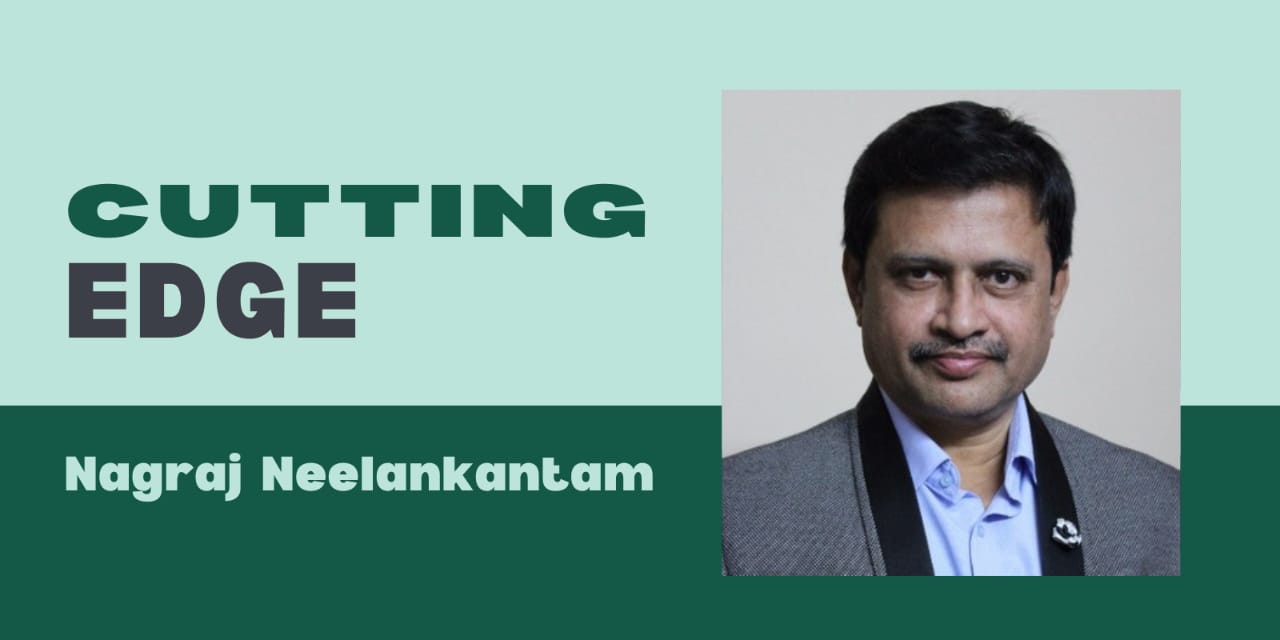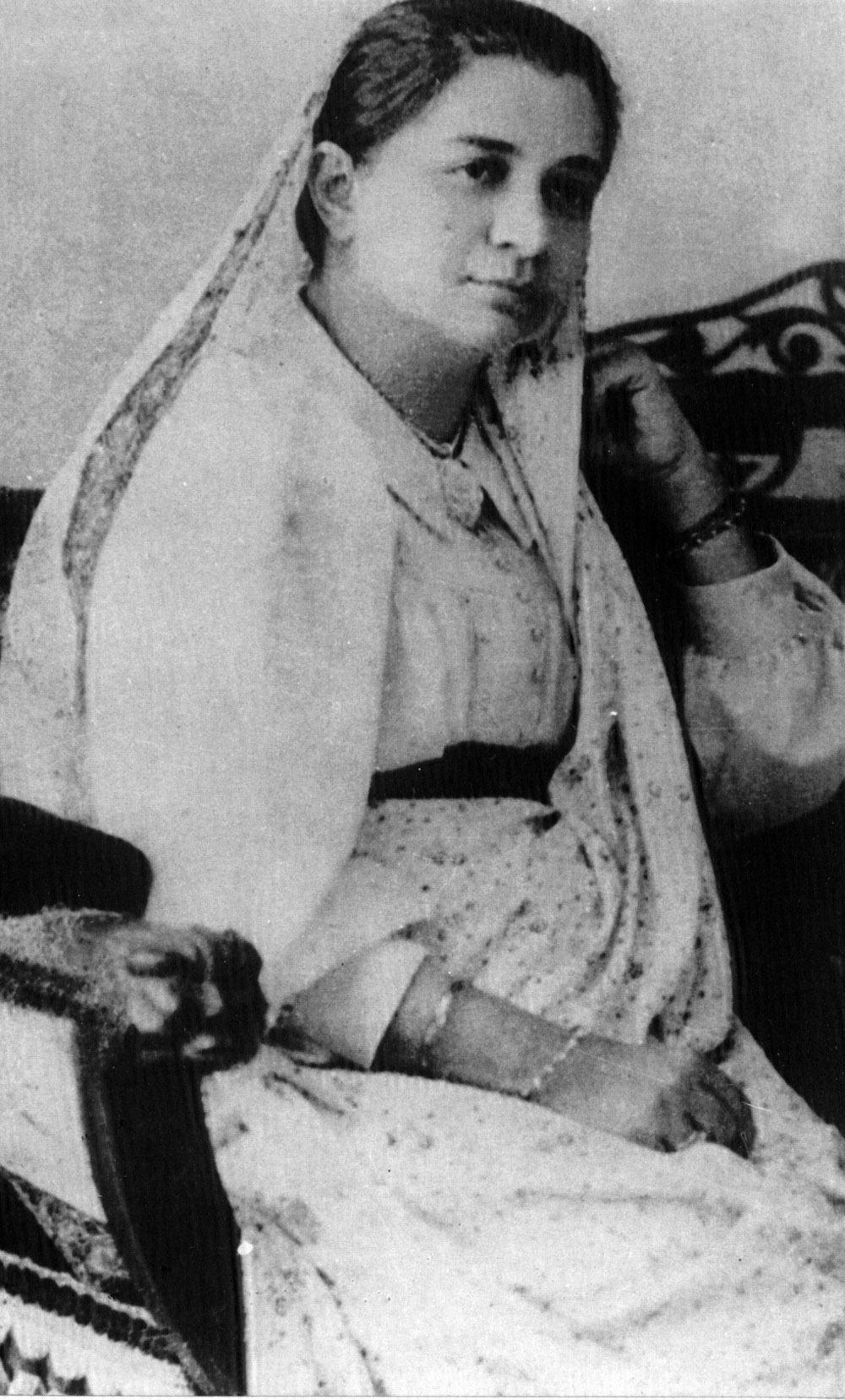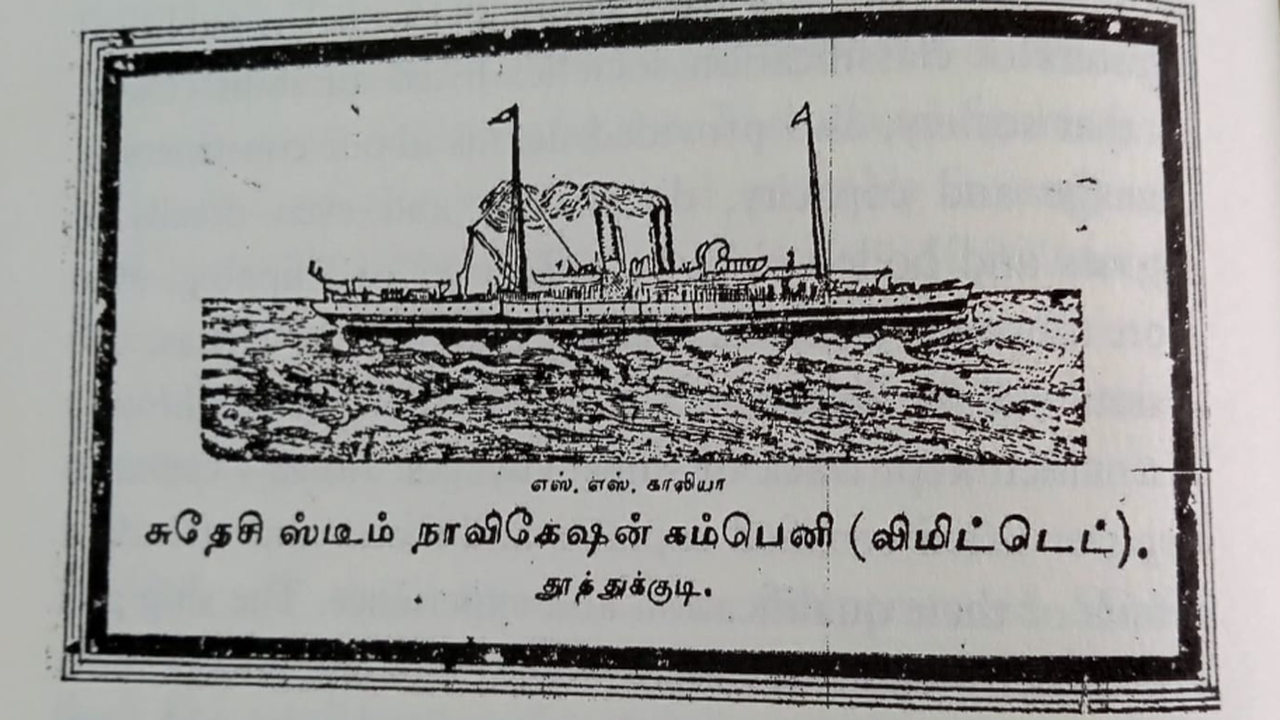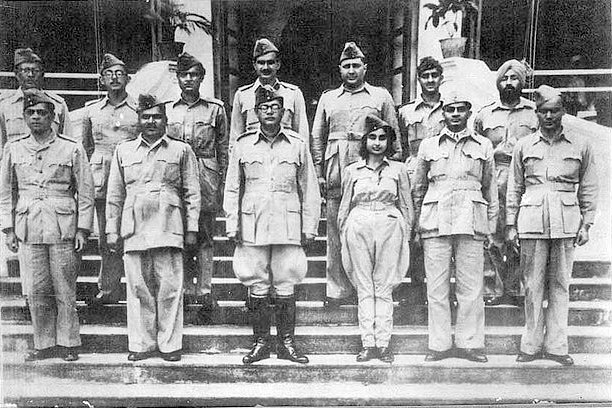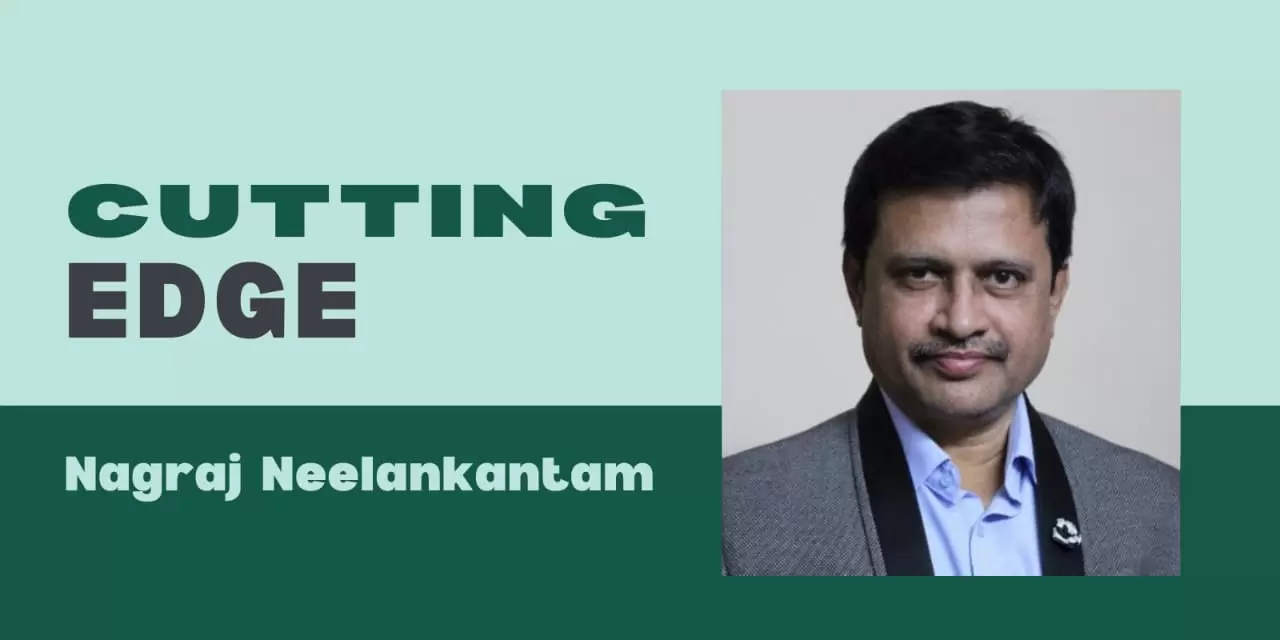If Gandhi were not there, you would have been cleaning a British toilet today. If Gandhi were not there, what would have happened?
When Gandhi was in Africa, he had not even set foot in India, then who was cleaning the toilet, who was doing what? Let’s see. Bal Gangadhar Tilak ji was bringing revolution from KSV. He had made Ganesh Utsav and Shivaji Utsav a social movement.
This sweeping claim creates an illusion that India’s freedom rested solely on one man. Let’s test this hypothesis with historical facts.
The Freedom Fight Before Gandhi Set Foot in India
When Gandhi was still practicing law in South Africa, a massive revolution was already unfolding in India:
-
Bal Gangadhar Tilak transformed Ganesh Utsav and Shivaji Jayanti into mass political movements.
-
Veer Vinayak Damodar Savarkar wrote The First War of Independence on 1857 and faced two life sentences in Cellular Jail for his revolutionary work.
-
Lala Lajpat Rai, Bipin Chandra Pal, and Gopal Krishna Gokhale were spearheading nationalist thought and mobilization.
-
Dadabhai Naoroji exposed British economic plunder through the Drain Theory.
-
Sri Aurobindo ignited the call for complete independence and went into exile in Pondicherry.
Beyond India, revolutionaries struck where the British least expected:
-
Shyamji Krishna Varma built India House in London — the cradle of overseas revolution.
-
Madam Cama unfurled the Indian flag in Europe.
-
V.O. Chidambaram Pillai challenged the British monopoly at sea.
-
Subramania Bharati aroused national identity through electrifying Tamil poetry.
Young Guns Who Shook the Empire
-
Khudiram Bose, hanged at 18 — defiant till the last breath.
-
Prafulla Chaki, died to protect revolutionary secrets.
-
Jatin Mukherjee (Bagha Jatin) declared: “We will fight to the end.”
-
Madan Lal Dhingra assassinated Curzon Wylie in London — and embraced death smiling.
-
Sachindra Nath Sanyal laid the ideological foundation of the Hindustan Republican Association.
More than 400 revolutionaries were executed before Gandhi began mass politics in India.
The Armed Resistance That Terrified the British
Subhas Chandra Bose and the INA shook the very core of British authority.
The Red Fort Trials triggered such mass uprisings that British intelligence reported:
“The loyalty of the Indian Army can no longer be guaranteed.”
That fear — not peaceful negotiations — was a decisive factor in Britain’s exit plan.
So What Was Gandhi’s Role?
Gandhi did mobilize millions peacefully and gave the freedom struggle global moral visibility. But…
To claim that without Gandhi there would be no Indian freedom is a grave distortion. He was a chapter, not the entire epic.
The Oversimplified Narrative Must End
School textbooks (especially earlier NCERT editions) glorified Gandhi and Nehru to the extent that:
-
Revolutionaries were sidelined
-
Armed struggle was downplayed
-
Much of the pre-1915 nationalist movement became footnotes
This creates a false monopoly over the narrative of independence.
The Cultural and Civilizational Assault
Colonial rule was not just about economic loot. It deliberately targeted:
-
India’s ancient knowledge systems
-
Hindu civilizational identity
-
Social structures rooted in Dharma
That damage has outlived the Empire and still affects us.
The Truth
India’s freedom was achieved by countless fighters — armed revolutionaries, spiritual nationalists, mass organizers, political thinkers, and soldiers of the INA.
Gandhi did have a role.
But he did not create freedom — freedom created him.
History is not the property of one leader, one party, or one line in a textbook.
It is a blood-written legacy of thousands whose stories must be told with equal reverence.



